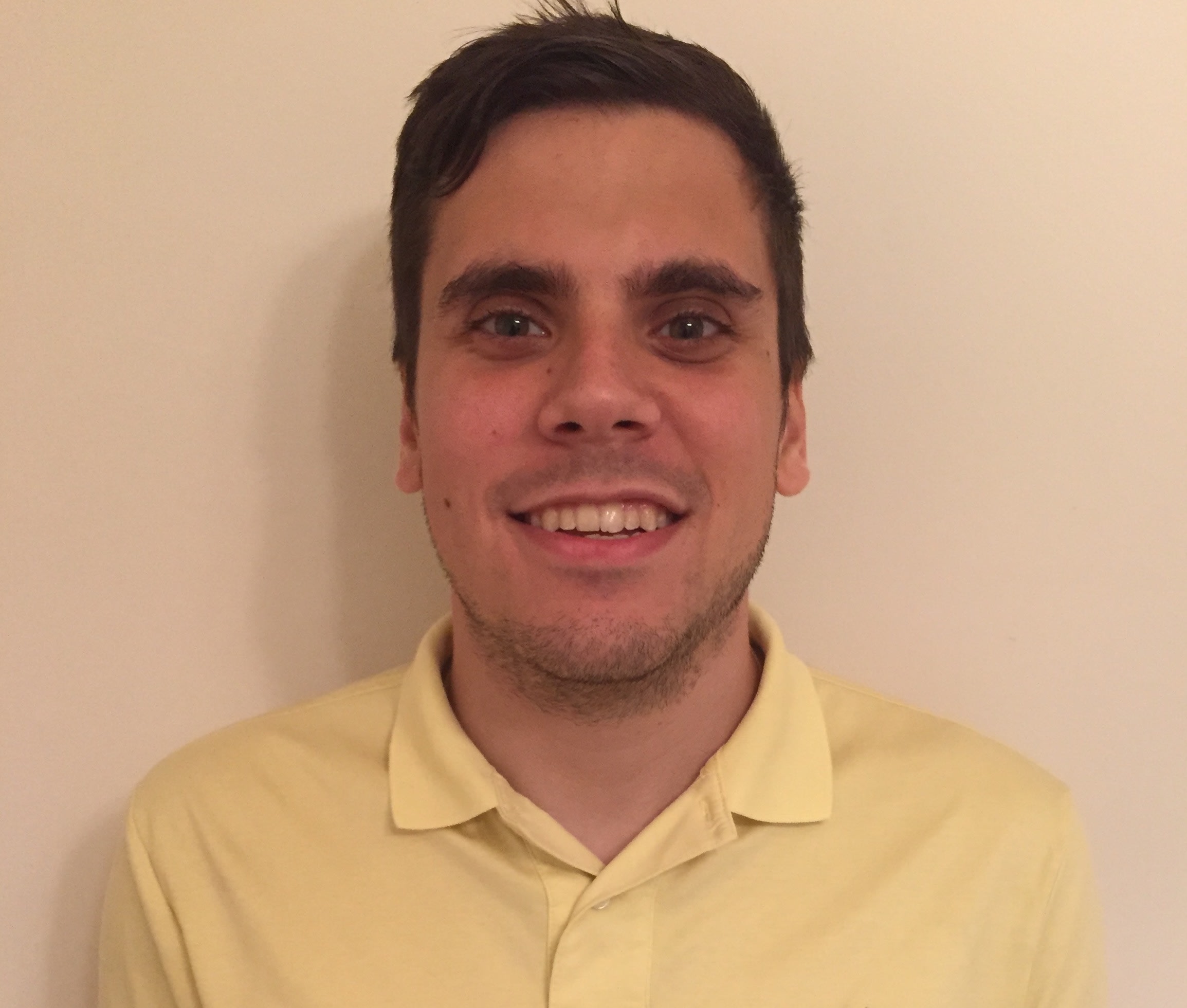LOS ANGELES — Mo Dioubate and Mo Wague woke up around 4:30 this morning.
It wasn’t because they were anxious about No. 4 seed Alabama basketball’s Sweet 16 matchup against No. 1 seed North Carolina later this evening. Preparing for Armando Bacot is a lot of work, but the pair of Crimson Tide forwards could have slept in a couple of hours before they began putting the finishing touches on a plan to stop the Tar Heels’ star.
Dioubate and Wague were just hungry, and they needed to race the sun in order to eat.
The pair of forwards are currently participating in the Muslim holy month of Ramadan, which involves a fasting period from dawn to sunset where participants refrain from eating food and drinking. That’s hard enough for the average Muslim population. Throw in practices and slugfest basketball games like the one Alabama endured against Grand Canyon over the weekend, and it seems almost impossible.
Fortunately for the Crimson Tide, Dioubate and Wague grew up fasting for Ramadan and have their routine down pat.
“It’s something I’ve been practicing since I was younger,” Dioubate said Wednesday. “I’m not doing this alone. I’m doing this with other Muslims around the world, my brothers and sisters. … Playing basketball [while fasting] is hard, but I’m just trying my best to get through it. It’s not easy. I just leave all of it to God.”
Wague said he started observing Ramadan when he was around 12 years old. It took a while, but his body has grown accustomed to fighting off hunger.
“When you start in the morning, kinda in the middle of the day you just cheat in the middle when you were younger,” he said with a laugh. “You just get used to it, knowing that you go through it.”
So how are the Alabama forwards fueling themselves for a tournament run? It starts with a strict schedule.
“From the time we’re able to eat at sunset, I eat as much as I can," Dioubate said. “I eat a meal, and from there I wait about three hours later, around 11:30 at night, then I eat again. I eat another meal and I drink some shakes. Then I have to wake up at 4:30 in the morning to eat again.”
Hydration is key as well, considering that the duo isn’t even able to drink water throughout the day.
Sunrise in Los Angeles was at 6:43 a.m. Thursday morning. Sunset is set for 7:11 p.m. local time. Alabama and North Carolina are set to tip off at roughly 6:40 p.m. PT. That means dinner for Dioubate and Wague will come on the bench.
Alabama’s training staff has helped the forwards throughout Ramadan. That includes keeping track of sundown and providing some much-needed nourishment as soon as possible.
“The first game we played versus Charleston, our nutritionist, Amanda [Poppleton], it was four minutes left in the game, and it was time to break our fast,” Dioubate said. “She gave us some peanut butter jellies, applesauce and stuff for us to eat.”
Dioubate and Wague tallied 6 points and four rebounds apiece during Alabama’s opening-round win over Charleston. Dioubate was even more influential during the second-round win over Grand Canyon, contributing 9 points in the final 6:25 to help the Tide avoid what was shaping into a late-game collapse.
“I’m definitely shocked,” Alabama guard Rylan Griffen said. “The fact that Mo [Dioubate] played the way he did last game on an empty stomach, they’ve got all the respect in the world from me.”
Ramadan began on March 10 and will extend through April 9, a day after the NCAA Tournament championship game. While Dioubate and Wague both acknowledge the extra challenge they’re facing during Alabama’s tournament run, neither sees it as a burden. Instead, they hope their story will inspire fellow Muslims worldwide while bringing people closer to God.
“It’s a blessing to do it,” Dioubate said. “Not everyone can do it. Me being able to do this is a blessing. It’s a spiritual blessing for us Muslims all around the world. I take it as a blessing.”
Added Wague: “It’s definitely a blessing. Put a little spotlight on the religion that people don’t know about and give us a chance to explain with it is for sure.”
Jack Knowlton contributed to this report.
